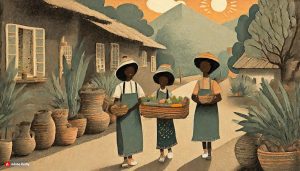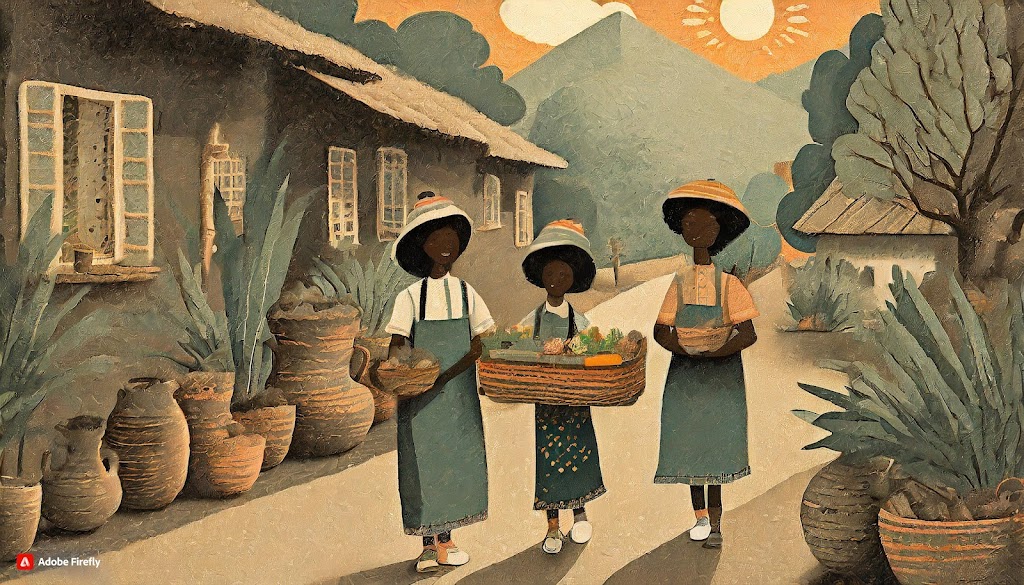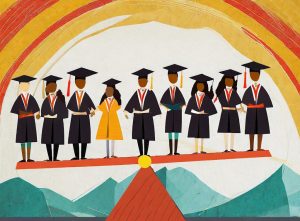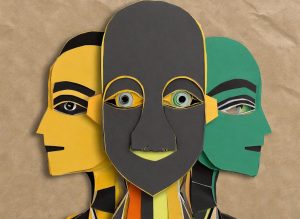 |
Written by: Abidemi Adegoke.
It is therefore important that efforts are put in place to stem this tide and bring the cultural heritage of Africa to the forefront.
For centuries, Africans have valued hard work, and people who are known for their industrious nature are highly revered in society. A case in point is the popular Yoruba maxim, which says, ‘Ise ni oogun ise’ (Hard work is the cure for poverty) and is a further testament to the importance of diligence and industry. People who are lazy and looking to profit where they do not put in the hard work are disparaged. In those days, parents use every opportunity they have to admonish their wards on the importance of toiling for one’s daily bread. Ironically, the value today is now on the end product of hard work, which is money, not hard work itself. An average African family today is more concerned about the loaf of bread a child is bringing home than the sources that produce such an outcome. It is even surprising that so many homes indulge their wards in cutting corners and engage in sharp practices, which again is antithetical to the Yoruba adage of ‘orukọ rere san ju wura lo’ (good name is preferred to wealth). The names that used to be revered have now been relegated into the abyss.
A notable maxim/proverb of the Akan people of Ghana that speaks about the beauty of a woman being due to her husband lends credence to the sacredness and sanctity of an African woman’s body. The reverse is the case with the way and manner in which African women project their bodies and nakedness for public consumption and not for their husbands. Growing up here in Nigeria, an improperly dressed woman is chastised and admonished to be mindful of the watchful eyes of the public. But today, a woman who does not show off more of her body to the public is not beautiful enough and thus is not modernized.
These are clear diversions from the norms and practices the people of Africa are known for, which necessitated the question, how did we get here? As is usually the case with cross-fertilization of cultural values, when two or more cultural heritages come into contact, the result is acculturation. Africa’s long history of colonial rule and the ensuing cultural imperialism produced a dialectical relationship between indigenous African and European cultures, with the former becoming a casualty of history.
An extension of cultural imperialism being an antithesis to African culture is the impact of global media and technology. The world as it is today is literally borderless, and cultural exchanges are going on daily. With an already weak value system and a growing generation of digital natives in Nigeria, for instance, what remains of the existing values could be long gone before the next semi-century.
In addition, the older generation, which witnessed a bit of the good side of their heritage and therefore has the responsibility of passing down the values to the next generation, has become caught in the web of modernization and, in the process of navigating these murky waters, has lost itself to the forces of cultural imperialism and globalization. A typical African family that prides itself on raising generations of offspring capable of upholding the name and heritage of their family is living for today and not tomorrow.
Ironically, fading cultural values become relevant and important in the distribution of sociopolitical perks, job opportunities, and other material needs. When values become a means to an end and not an end in themselves, they become dangerous, which explains some violent confrontations both offline and online in Nigeria.
It is therefore important at this juncture that efforts are put in place to stem this tide and bring the cultural heritage of Africa to the forefront. A key way of doing this is the re-engineering of primary and secondary education towards not just the acquisition of Western knowledge but also the appreciation and preservation of local cultural values.
Media practitioners, moviemakers, and entertainers need to be culturally intentional in their content and productions. A good way is through the infusion of storytelling around African cultural identity. In addition to this, governments and not-for-profit organizations have huge roles to play in the rebirth of our traditions for the upliftment of society.
Abidemi Adegoke is an enthusiastic researcher, educationist, writer, proofreader, and customer relationship expert with years of experience in writing and customer satisfaction. He takes immense pride in ensuring timely deliveries of allocated tasks with accuracy and perfection. He’s also an advocate of good governance, human rights, citizen education and a promoter of strong social values.




